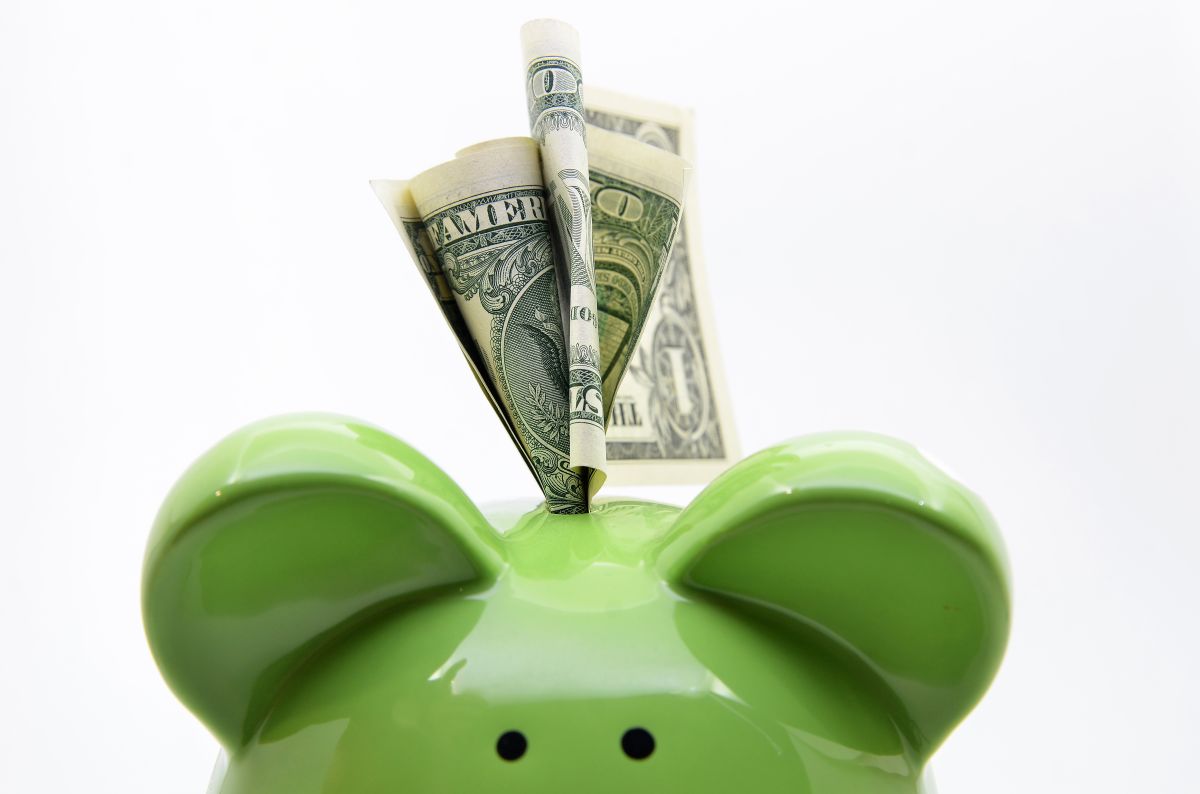When a recession occurs, not everything that happens is bad, and there are some effects that it causes that are beneficial for people. Below, we share three of them with you.
1–Stocks fall in price
A recession is the best time to find stocks at a good price. As the Stock Market falls, you may be tempted to sell when the price falls. Instead of causing losses, however, recessions can be an ideal time to look for stocks at a discount and buy more as their price declines.
Keep in mind that markets go up and down, and there is no guarantee that what happened in the past will repeat itself in the future. However, history has shown that buying when the market is down can pay off well in the future.
2–Lower mortality rate
Interestingly, the death rate can drop during a recession. Between 2005 and 2009, the period in which the Great Recession occurred, mortality rates in actually fell as unemployment rose in urban areas, according to Money Talks News.
In the aforementioned recession, there was a decrease in the death rate from cardiovascular diseases and car accidents were another category that had a low death rate.
Although there is no direct link between a recession and a lower death rate, there is a theory that when the economy is bad, people have less money to spend. And they may go out and have unhealthy meals less often. They may also smoke less or drink less and may drive less.
3–Higher savings rate
During the worst moment of the Great Recession in 2009, the savings rate increased to 6.9%, its highest level since 1993.
For December of 2021, the savings rate reached 8.4%, according to the Bureau of Economic Analysis. This shows that as people become more concerned about economic conditions, their priorities regarding finances also change.
During the COVID pandemic-19, savings rates reached 35%. Although the savings rate has fallen since the pandemic was perceived to have subsided, it remains abnormally high from a historical perspective.
You may also be interested in:
–Inflation: consumer confidence falls in May and affects intention to buy houses, cars and large purchases
–Study reveals that even Americans who earn $250,19 dollars lives from check to check
–What is a recession, when was the last one and why its shadow makes markets around the world fear again
